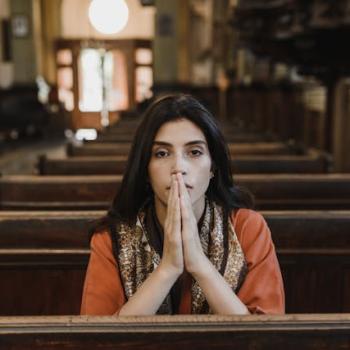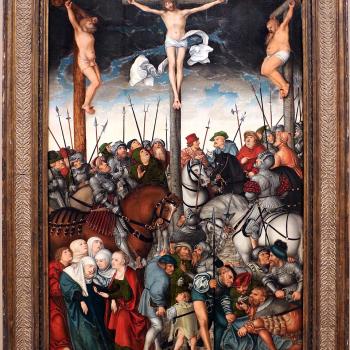“I approached the composition as a prayer,” jazz pianist and composer Dave Brubeck said of his “To Hope! A Celebration,” a contemporary setting for the Roman Catholic Mass, “concentrating upon the phrases, trying to probe beneath the surface, hoping to translate into music the powerful words which have grown through the centuries.”
Probing beneath the surface marked all of Brubeck’s music, from the revolutionary 1959 polyrhythmic album “Time Out,” to his oratorio, “A Light in the Wilderness,” and his setting of Thomas Aquinas’ hymn, “Pange Lingua.”
Brubeck is best known in the secular jazz world for his startling compositions using different time signatures, such as 5/4 time in the classic “Take Five,” or the mixture of 9/8 time and the more traditional 4/4 rhythm of “Blue Rondo a la Turk.” Both pieces are on the “Time Out” album, the first jazz album to sell 1 million copies and still one of the best-selling.
Religious faith, however, was never far from Brubeck’s creative mind. . . .
In a 2009 interview with the PBS television program Religion & Ethics NewsWeekly, Brubeck said his service in World War II convinced him “something should be done musically to strengthen man’s knowledge of God.”
That experience gave him the idea of an oratorio based on the Ten Commandments, particularly the “Thou shalt not kill” part.
But he did not act on the idea of writing sacred music until 1965, when he wrote a short piece, “Let Not Your Heart Be Troubled,” to comfort his brother, Howard, whose son had died of a brain tumor at age 16.
That piece was incorporated into 1968’s “A Light in the Wilderness,” his first full-scale sacred composition.
That was followed by a series of pieces including 1969’s “The Gates of Justice,” a choral work using words from Martin Luther King, Jr.; “Truth is Fallen,” in 1971; “La Fiesta de la Posada” in 1975; and “Beloved Son,” in 1978.
“When I write a piece, a sacred piece, I’m looking hard and trying to discover what I’m about, and what my parents were about and the world is about,” he told Religion & Ethics NewsWeekly.
Raised a Protestant although never baptized, Brubeck became a Roman Catholic in 1980 after completing “To Hope!”, a Mass setting commissioned by the Catholic periodical, Our Sunday Visitor.
via The sacred ran through jazz legend Dave Brubeck’s music – The Washington Post.
Brubeck shows that it’s certainly possible and desirable to have contemporary Christian music, even to have it used in worship–if it could only be rich and complex and artistic and in accord with the Christian sensibility, unlike much of what passes for that genre today.
Here is his “Celebration” Mass. It’s just over 10 minutes, but keep listening for the choral parts and for when his quartet breaks in (around the 4 minute mark).
Here is “Take Five,” Brubeck’s most famous piece. (Pick out the 5/4 time.) Brubeck right now is taking five before the Resurrection.












